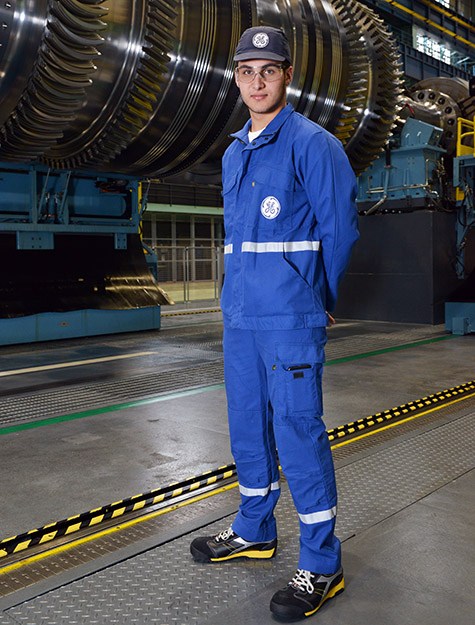The Power of Steam.
The Power of Yes.
Can one little word help our customers navigate the energy industry transition? Our answer is “YES.”
Our coal customers are challenged with demands to be more agile than ever before as they balance delivering reliable power today with planning their decarbonization strategies going forward.
With power demand growing over time and energy security priorities, many nuclear operators are seeing new opportunities to extend the life of their operations as key players in the future energy mix.
And for our industrial customers, their need for cost-effective power services to keep production lines running uninterrupted is our shared priority.
Our Steam Power team stands ready to support all of our customers as an energy transitions partner. We continue adapting our services platform to address your most pressing needs, and saying “YES” when and where you need us.
At the same time, nearly half of all power globally today is still produced from coal and nuclear. Our customers are balancing the challenge of lowering CO2 and providing affordable, reliable power.
YES. From core service parts replacements and repairs, to advanced outage planning/execution, to life extension solutions, our team stands ready to support your steam turbine, generator, controls and auxiliary assets. With field service teams and service centers across the Americas region, we can quickly mobilize for your planned and unplanned needs.
Steam turbine services
Generator services
Controls services
Solutioning for emergent work
High performance outage execution
YES. Regardless of where you are in your operating life cycle, we’re committed to supporting your coal power operations. Understanding your need to get the most life from your existing equipment, we can apply our OEM insights to help you operate to the design boundaries of your assets… and respond with speed to your ongoing core service needs.
Steam turbine services
Generator services
Controls services
Emergency response mobilization
Advanced outage execution
Strategic solutioning
YES. With market forces including inflation and supply chain headwinds impacting your operation, we recognize the value of delivering cost-effective solutions to keep your power equipment running without interruption. And with reliability as your top priority, we’re focused on optimizing our capabilities to respond FAST when and where you need us.
Industrial service portfolio
Industrial steam turbine services
Industrial generator services
Why choose a life extension?
Reducing downtime
Lowering your operating costs



